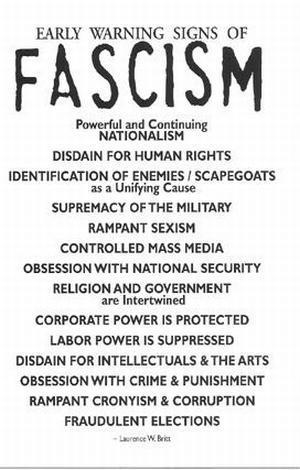God warned Israel that they would regret their longing for a king once they had one (1 Samuel: 8:9). Americans had a king imposed on them, and once they won independence, chose representative democracy and the laws derived from that to rule over them in the belief that ‘all men are created equal’.
Not only are all people created equal, but all people are flawed, and so our democratic system has checks and balances on power. No matter the checks and balances and the ideal of equal representation, though, the power of money has always threatened the influence of the votes of the regular people. And this is why the US, and other representative democracies, have laws that attempt to limit the amount of money that any one person may contribute to a party or individual, in an attempt to uphold equality.
Recent decisions of the US Supreme Court have, however, created ‘super citizens’. The decisions in Buckley v. Valeo, Citizens United v. FEC, and McCutcheon v. FEC, gave corporations the same rights as ordinary voters to contribute to campaigns, and allowed the creation of Super Pacs which may spend unlimited sums to advocate for or against political candidates.
The super-citizens are people just like us. The thing is, they don’t know us. The 1% have quite different priorities than the 99%. For example, lower-income Americans believe that creating jobs is the clear priority for government, whereas the wealthy believe holding down the deficit is much more important.
Whether we like it or not, we every-day people meet all sorts, including people with different life circumstances and different beliefs, and often we get talking to them. This rubbing of shoulders and shaking of hands gives us firsthand information about lives that are not the same as ours. The super-citizens, however, are cocooned.
I can barely imagine the world of the super-rich – can you? We never see them. They travel in chauffeured limousines and helicopters, private jets, yachts, even submarines. Far from shopping at the local market and joining local organizations, the super-rich are hardly local anymore – they move between residences in New York, London, Ibiza, and Provence. The ‘ordinary’ people they meet are PAs, solicitors, financial advisers, accountants, and servants.
It’s the people we don’t shake hands with that we ignore, and whose problems we discount. Because of this, the super-rich cannot speak for the 99%, and yet their voices can hush all of ours.
Is there anything we can do to have our voices heard above the clink of cash? How about we open our homes to the super-rich to come live with us for a week or a month? What about a reality show? We could use Louis Armstrong’s ‘Wonderful World’ – “I see friends shaking hands, sayin ‘how do you do?’ / They’re really sayin’, ‘I love you” as our theme song. I wonder how many would take the opportunity?
Or we can support organizations like Mayday.us which are using various means to overcome the effects of the Supreme Court decisions.
(Image from Elir Deviant Art)



